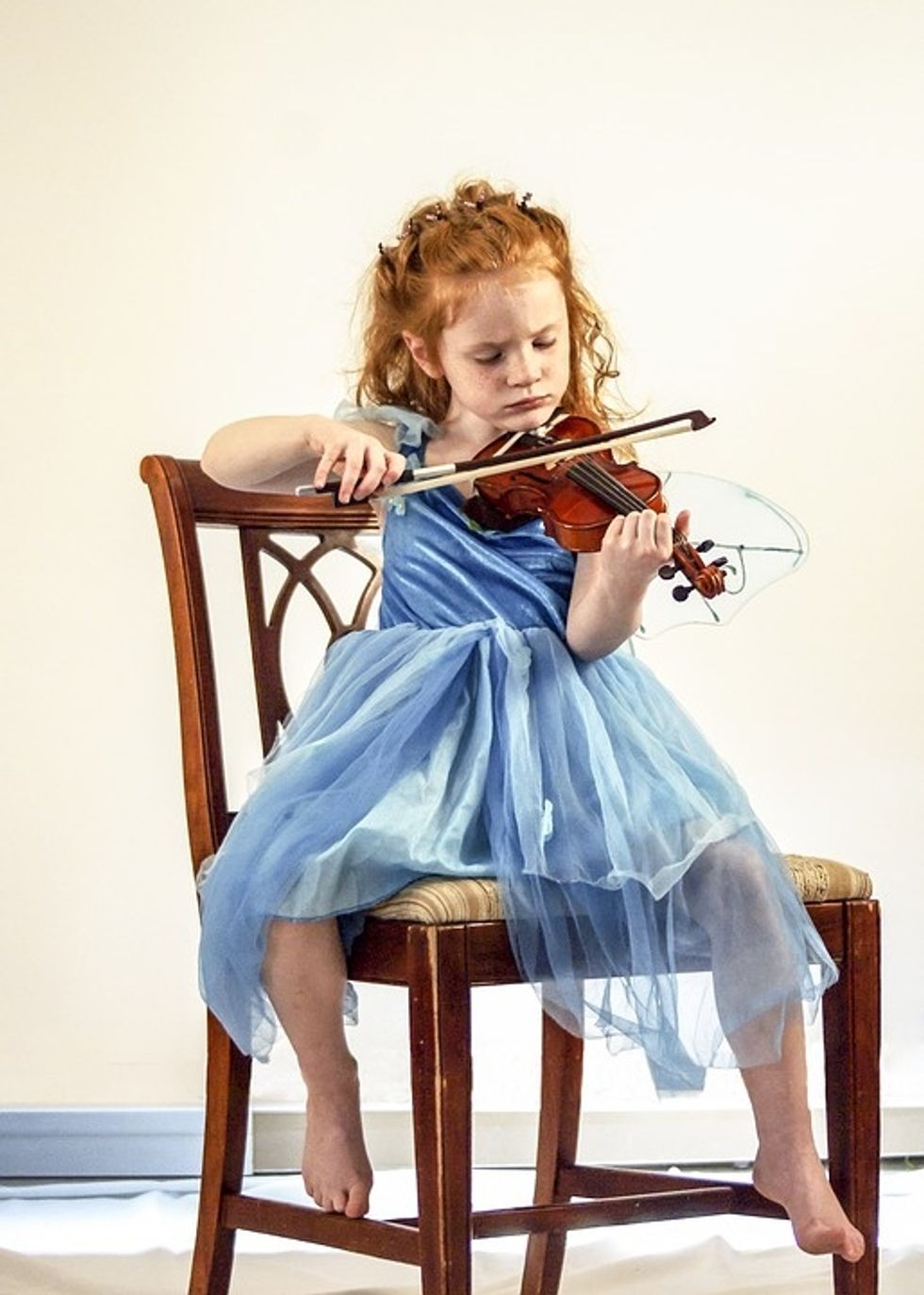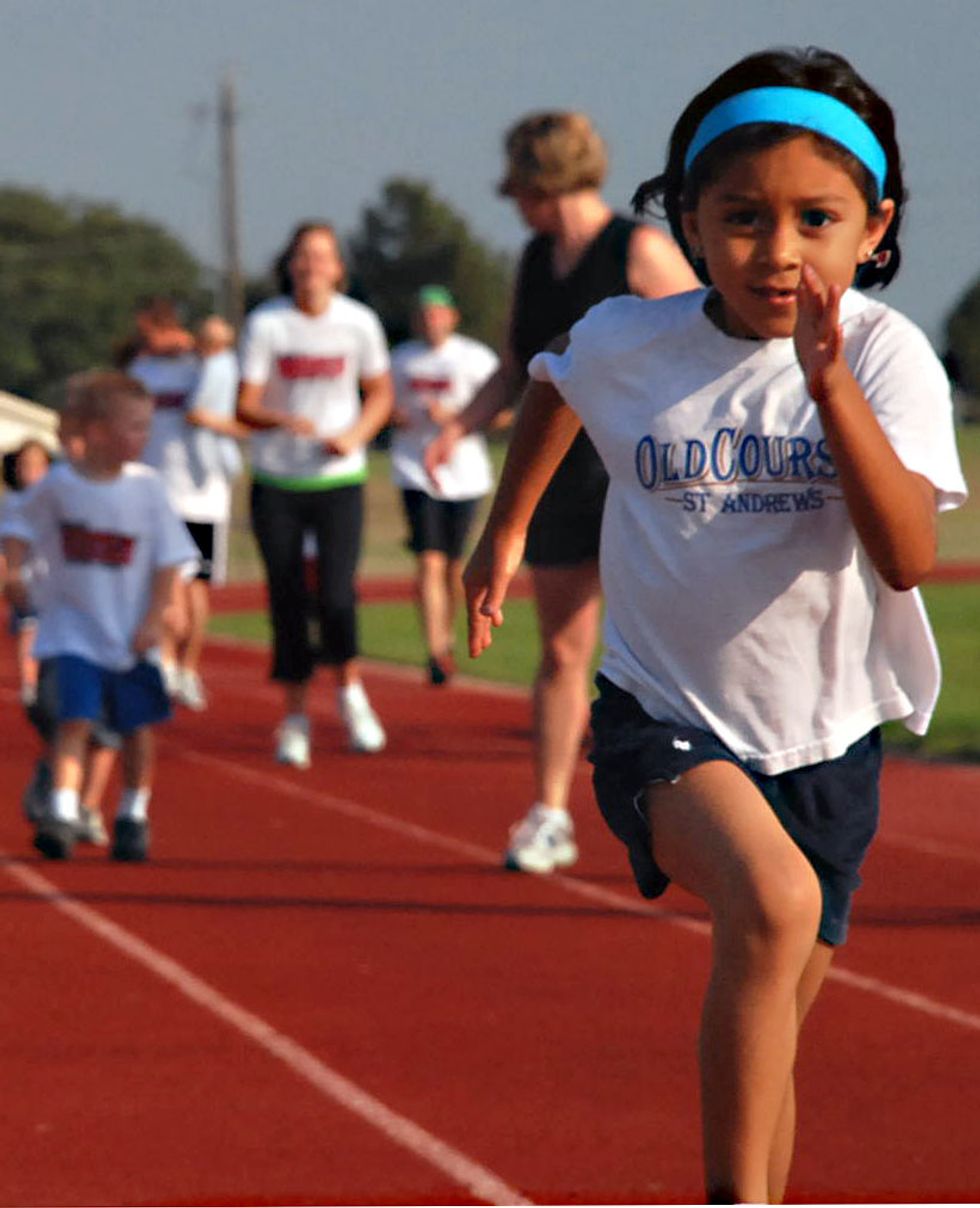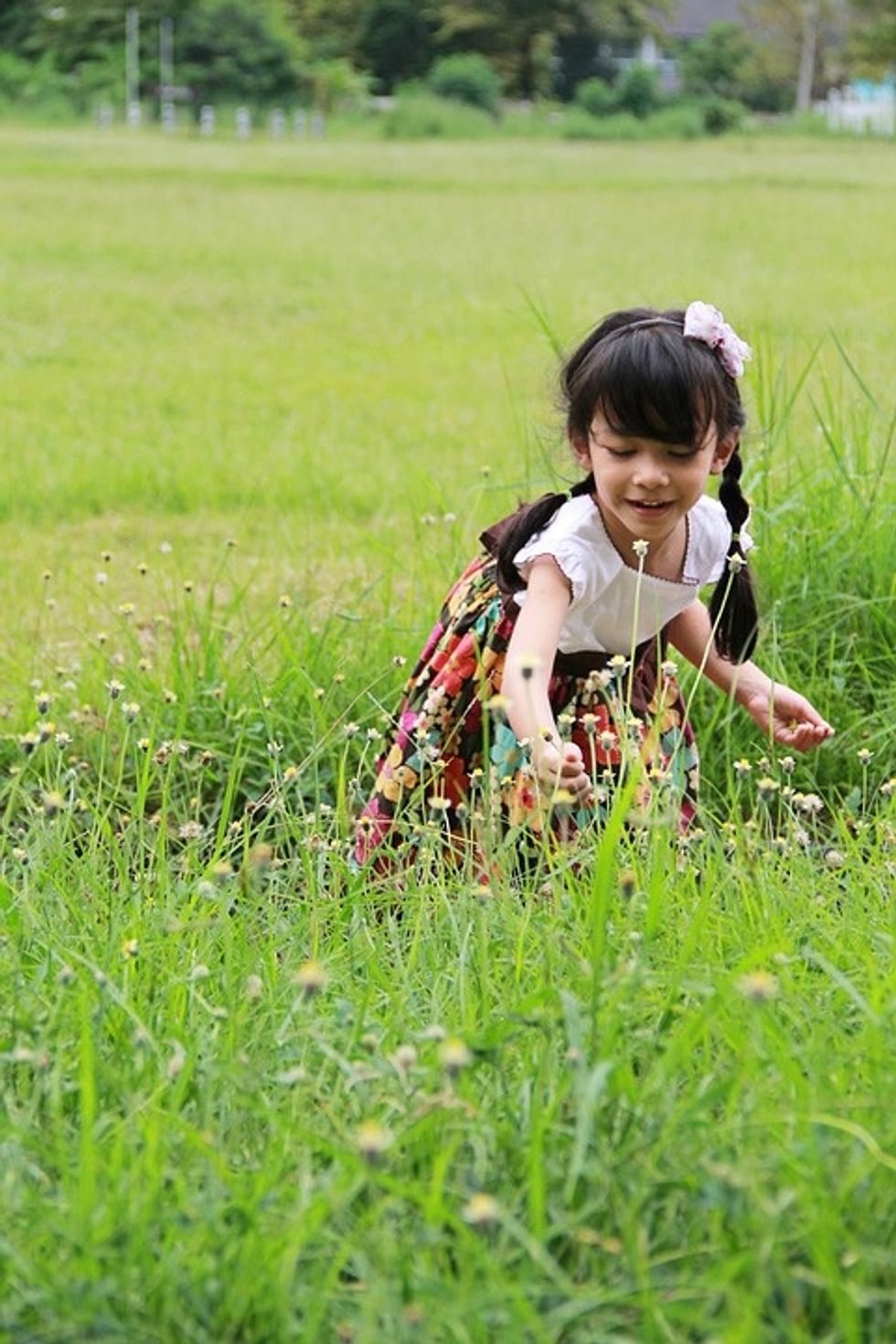I have always done well in school. Listening to a lecture, taking notes, and memorizing study guides has always been sufficient for me to learn the material well enough to get good grades. As a result of this, I have typically been considered intelligent, or at the very least "book smart". I have friends and family though who are not so fortunate. They work harder than I have ever had to and yet still fail the tests and do poorly. They're not dumb, their minds just don't work the same way as mine, or the way the traditional school system does. Luckily, there is a theory to explain this.
Dr. Howard Gardner's Multiple Intelligences Theory was formed in 1983 and helps to explain the different types of smart people are, and how to develop those skills in students. Here are the 8 different intelligences, how they're expressed, and how to utilize them when teaching students:
Verbal-Linguistic
 Words Scrabble Letters
Words Scrabble LettersVerbal-Linguistic people love language. They enjoy reading, writing, and telling stories. This one is pretty easy to incorporate into lessons, as much of our school system is naturally geared towards it.
Logical-Mathematical

If you enjoy numbers, and knowing both the how and why of things, then you may be logical-mathematical intelligent. These people enjoy finding problems to solve and multiple ways to solve them, in both daily life and the classroom. A great way to engage these students is to have them find other ways to solve a math problem and have them explain their thought process.
Visual-Spatial
 Kids Drawing Children Graffiti Crayon Parenting
Kids Drawing Children Graffiti Crayon ParentingThese are the artists, the doodlers, and the dreamers who see things differently. They are very spatially aware and enjoy stories with detailed descriptions, and the opportunity to make art projects. A great to engage these students is by giving them art projects to do and allowing them to draw out word problems to solve them.
Musical-Rhythmic

These are the musicians, the kids who are constantly singing, humming and moving to music. They attach emotions to music and can learn well through song. Playing different types of music throughout the day is helpful as well.
Bodily-Kinesthetic

These are the dancers, the athletes, and the textile learners. They love to move, and learn well through touch and acting things out. Skits, active games, and stretching breaks are very helpful for these learners.
Interpersonal
 Trust Hand Teamwork Keep Cooperation Unity
Trust Hand Teamwork Keep Cooperation UnitySensitive to others, people with a strong interpersonal intelligence are great at cooperative activities and resolving conflicts. They love talking and interacting with others, and learn well in groups. For students who excel at this, having them tutor each other, work together, and talk through problems is beneficial.
Intrapersonal

Those who have a strong intrapersonal intelligence are very reflective and self-motivated. They are the "wallflowers" preferring to watch and listen before contributing. Preferring to work alone, they need quiet time to process new ideas and will often daydream. A great way to help develop this intelligence is to give students quiet time to journal, and have them set personal goals throughout the year.
Naturalist

These are the hikers and biologists of our world, the ones catching lizards and rescuing injured creatures. Steve Irwin would be a great example of someone with a strong naturalist intelligence. For students, having nature labs and outdoor activities helps them develop these connections. Reading stories about environmental problems and teaching kids how to help is another great way to strengthen this one.
Everyone has all 8 of this intelligences to some degree, and it is important to use the ones we are strongest in. Are you curious about which intelligence you are strongest in? Take this short quiz to find out where your strengths lie. If you're a parent or teacher, have your students or children take it. Find out what your true strengths are and how best to help your kids learn. We're all smart after all, just in different ways.



















